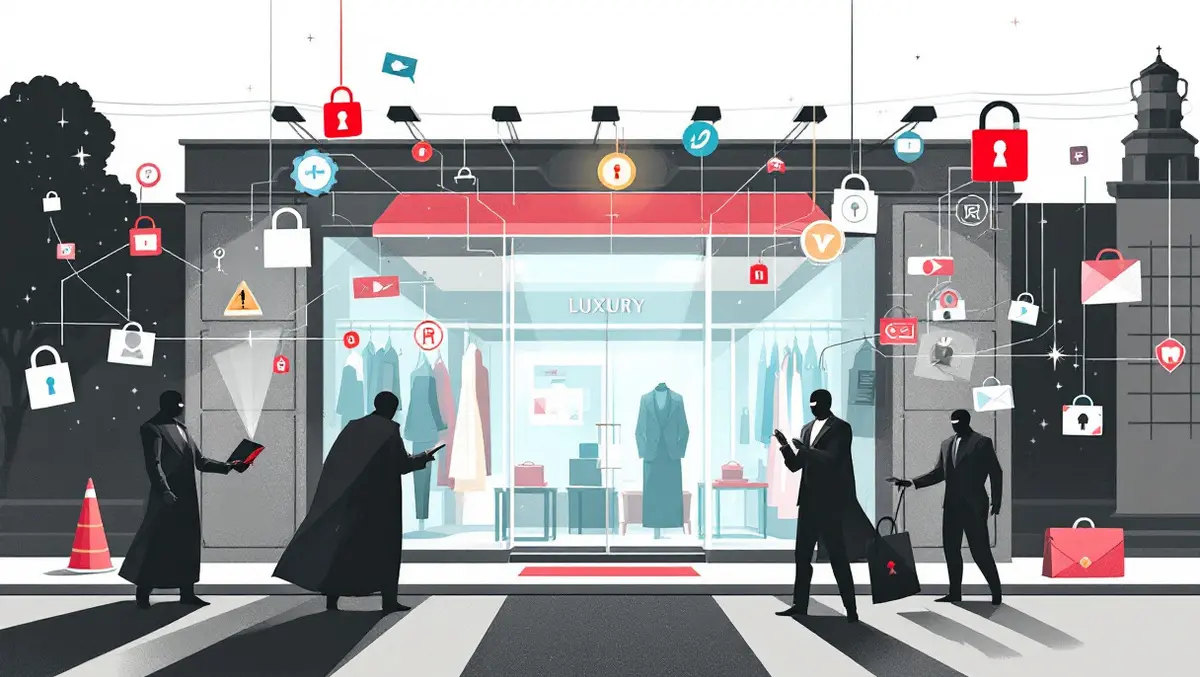
Harrods cyber attack spotlights retailer risk amid cutbacks
The recent cyber attack on Harrods has prompted commentary from cybersecurity professional Devon Kerr, Director of Elastic Security Labs, who addressed the rise in cyber threats faced by retailers.
Harrods, one of the United Kingdom's most recognised department stores, experienced a cyber-attack, highlighting the challenges facing retail organisations as the threat landscape evolves in tandem with broader economic developments.
Devon Kerr underscored the connection between the current macroeconomic environment and cybercrime, noting that worsening financial conditions create new opportunities for malicious actors to target businesses that may be vulnerable due to resource constraints.
He said, "As macroeconomics worsen, criminals will predict that retailers let go of critical security personnel."
Kerr emphasised that cyber criminals are quick to exploit times of crisis, often increasing their activities when organisations are most vulnerable due to internal changes or cuts.
He added, "The old adage that criminals don't let a crisis go to waste is especially relevant, global economic uncertainty practically guarantees an increase of financially motivated activity."
This sentiment comes at a time when many retailers are facing pressure to reduce workforce or shift priorities amid challenging trading conditions. Security teams, often seen as cost centres rather than revenue drivers, may be among the first areas to be reduced during periods of cost-cutting, creating potential exposure to cyber threats.
The retail sector has been an attractive target for cyber criminals due to the flow of financial information and customer data, as well as the sector's reliance on timely transactions and supply chain continuity. Attacks can range from ransomware and data theft to complex social engineering campaigns aimed at diverting funds or acquiring sensitive data.
Recent incidents across the retail industry have shown how attackers may monitor workforce developments, such as layoffs or restructurings, to time their attempts when defences could be temporarily weakened. Disruption caused by downsizing can make it more difficult for organisations to identify and respond to potential breaches in a timely manner.
Kerr's remarks follow a period in which retail cybersecurity incidents have increased globally, putting pressure on boards and executives to maintain adequate defences even as they navigate an uncertain economic outlook. Security experts typically advise organisations to avoid reducing protections despite external pressures to lower operational costs, arguing that the long-term risks of successful cyber-attacks may exceed immediate savings.
The Harrods attack has reignited discussion within the retail community and broader business sector regarding resilience to things such as phishing, ransomware, and supply chain compromise. Some analysts predict that unless investments in cybersecurity are maintained, further incidents of data loss and service disruption may occur as criminals take advantage of any perceived weaknesses caused by cost containment measures.
Industry observers continue to monitor developments at Harrods and other retailers to assess how companies balance economic realities with the need to defend against sophisticated and financially motivated cyber threats.


